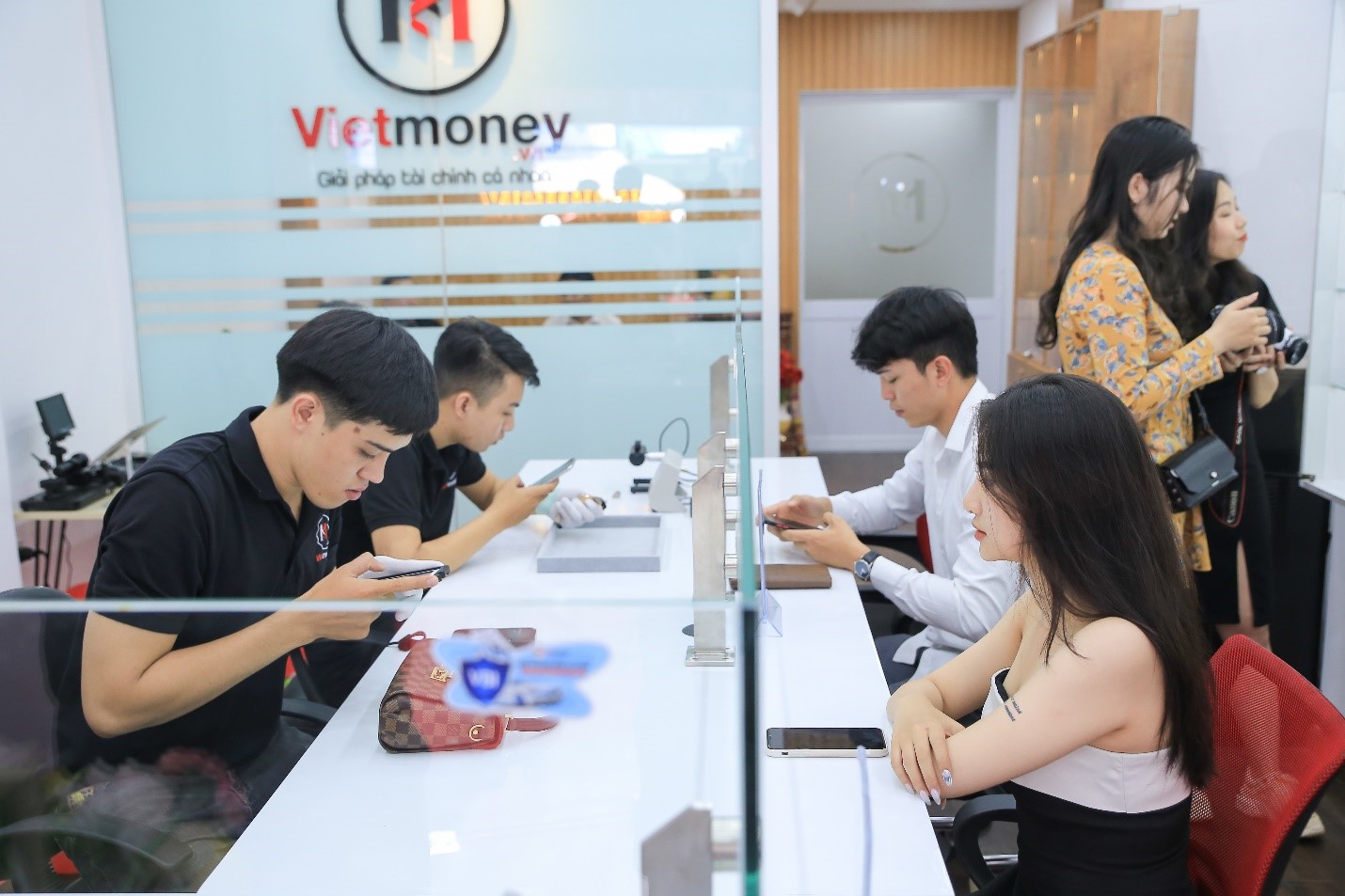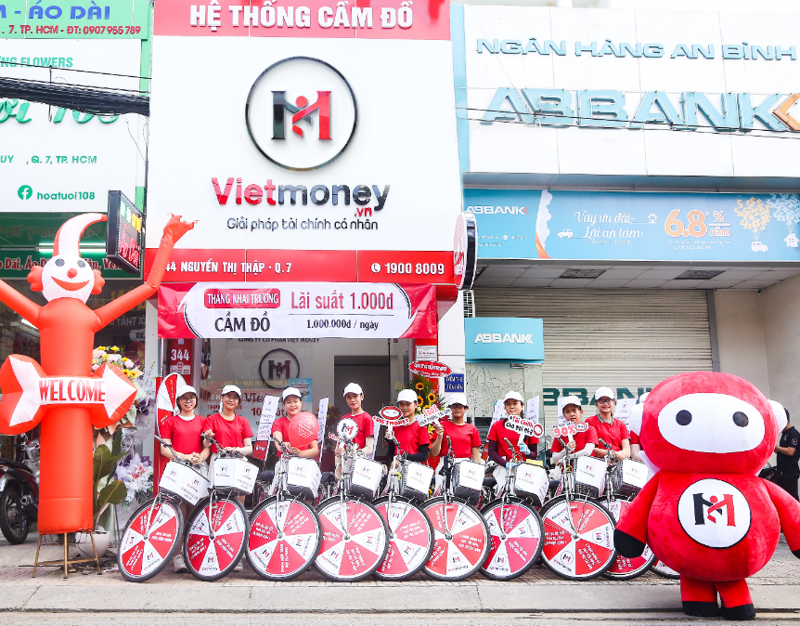According to Forbes data, Vietnam has over 30,000 pawn shops, with more than 2,300 in Ho Chi Minh City and nearly 1,700 in Hanoi. If each had lent about VND1 billion ($43,000) on average, outstanding loans would total VND30 trillion ($1.3 billion). These are unofficial figures, because there are also hidden pawn shops and other disguised activities. Compared with neighboring markets such as Thailand, with more than $5.3 billion, Malaysia, with more than $5 billion, and Singapore, with more than $3 billion, the size of the pawn market in Vietnam may actually be much larger. The market is significant but quite fragmented, with many small businesses operating spontaneously, and pawn shops have long been labeled a “sensitive service” with issues surrounding social order. Industry management is still unclear and incomplete, and it is considered an informal lending activity with more than 20 per cent of total credit.
Pawn shop chains have recently received foreign investment, which shows a different picture of the industry. F88 has received investment from Mekong Capital and Organic Oak, while the Golden Friends Chain is owned by the Phu Nhuan Jewelry Company (PNJ) and Camdonhanh was established by the John Galt Ventures foreign fund.
Established in 2016, VietMoney has gone through two rounds of fundraising. One was a seed round from Indochine Investment with individual investors in 2018, and then two Series A funding rounds from Probus Opportunities (Switzerland) and Digi Ventures (Vietnam) in 2020. It now has 35 branches in Ho Chi Minh City and six southern provinces.
According to published information, in 2021, despite being affected by social distancing measures introduced during Covid-19, accumulated disbursement by the VietMoney pawn chain reached more than VND450 billion ($19.3 million). It currently serves about 50,000 customers and has seen triple-digit growth in recent years. The company still has plans to expand to nationwide in the near future.
At traditional pawnshops, valuations depend greatly on the experience and emotional perception of the product by the pawn shop owner, with high-interest rates imposed as a way to offset risk. Most income of traditional pawn shops actually comes from the liquidation of the asset. The ability to appraise assets can be limited because there are many different types of assets. Manually managing customer collateral is also risky, so traditional pawn shops can face management issues and have difficulties expanding.

During the Covid-19 pandemic, while other businesses had to close down or struggled to find online business solutions, VietMoney announced that it had kept its triple-digit growth momentum. Applying technology from the very beginning and choosing an Online-to-Offline business model, according to Founder and CEO Trinh Van Phuong, allowed it to stand firm and continue to develop. VietMoney successfully built an internal enterprise resource planning (ERP) management system for the pawn industry, and at the same time applied big data technology and machine learning technology into its operations to resolve the two biggest problems in the pawn business, which are asset valuations and synchronous management of the chain.
“In the property appraisal process, we divide it into three steps,” Mr. Phuong explained. “The first is a legal check of the ownership of the asset, the second is checking the condition of the asset, and the third is checking the value of the asset. However, pawn shop customers need a quick and timely service, so we built a process that is tight enough but also very fast. The time it takes for a customer to complete a transaction and receive money can be measured in minutes for certain asset classes.”

To do this, all internal working processes at VietMoney are completely digitized, including asset appraisal, loan approvals, cash management, warehouse control, and human resources management, etc., through the ERP system. Business performance data and risk control are also updated in real time, which also helps.









 Google translate
Google translate